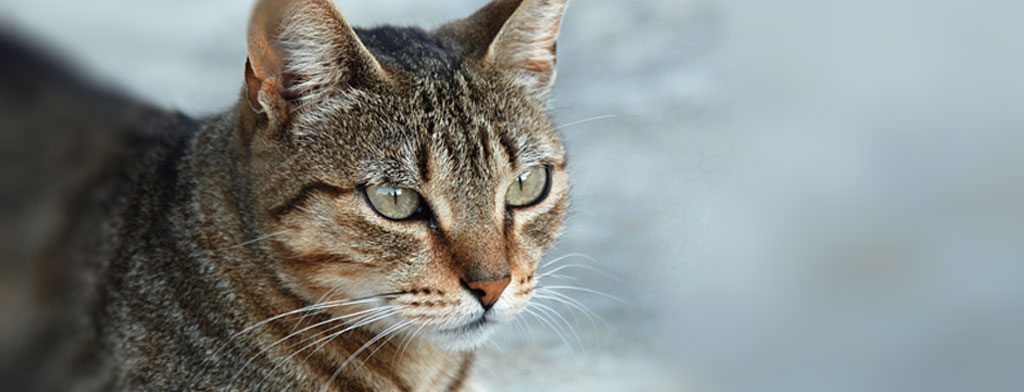Arthritis Cat CVC

Cronulla Veterinary Clinic
37 Kingsway
Cronulla NSW 2230 AU
02 9527 2604
cronullavetclinic@gmail.com
37 Kingsway
Cronulla NSW 2230 AU
02 9527 2604
cronullavetclinic@gmail.com
Owner

Arthritis
As high as 90% of cats over 12 years of age have some form of arthritis.
Overview
Arthritis is the development of chronic and irreversible inflammation of the joints of a cat.
Signs
Arthritis is the irreversible and progressive deterioration of joints that causes pain and a reduction in joint motion. It affects cats of all ages but predominantly pets over 10 years of age. Cats do hide this well, better than dogs, partly because they don't usually get taken for walks!

Common signs of arthritis in a cat:
- Stiffness
- Hesitation to jump from heights.
- Poor landing from jumping
- Using steps to get up or down from heights instead of jumping in one go (for example when jumping from kitchen table to the floor, jumping via a nearby chair instead of managing the one jump)
- Sleep more
- Rough fur from poor grooming (due to not being able to reach certain areas)
- Long nails from less movement
- Change in behavior e.g. irritability
Management
Arthritis management is based on:
- Joint stabilization
- A controlled exercise that reduces joint strain and builds muscles to support joints, such as walking on flat surfaces
- Weight control
- Diet control such as foods rich in Omega fatty acids (for example veterinary prescription diets such as Hills J/D or Royal Canin Mobility Support)
- Veterinary medicines such as pain control, nutraceuticals (for example antinol for cats) and joint protective drugs such as injectable polysulfated glycosaminoglycans (PSGAG). Please discuss your cat's options with our friendly team to maximise their comfort and wellbeing.
Homecare
Tips to help manage pets with arthritis:
- A warm environment as colder weather can worsen symptoms
- Placement of their bed away from cold draughts
- Soft but firm bedding
- Ramps onto the couch or bed so that the pet does not have to jump
- Avoid stairs
- Avoid slippery surfaces such as tiles
- Regular grooming
- Maintain parasite control
- Cut their nails regularly
- Weight loss to take excessive pressure off the joints - this should be gradual and managed by your veterinarian to avoid sudden weight loss
- Avoid rough play
- Litter tray with a lowered wall for easy access
If the pet appears in pain and does not eat or drink, seek veterinary attention. Your vet will be able to assign an arthritis management program to help improve the pet's quality of life.